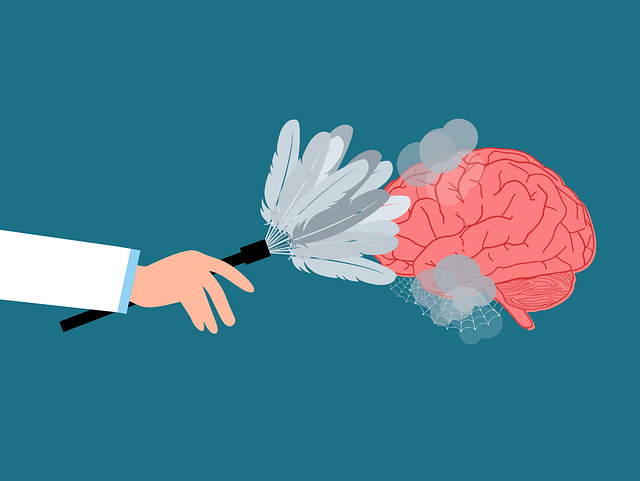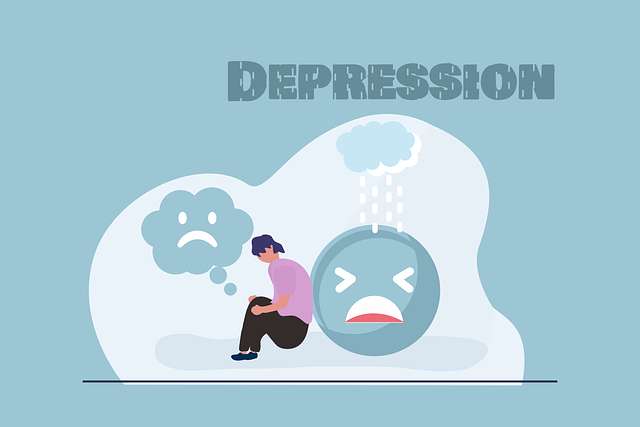Social Skills Training (SST) and Lakewood Exposure and Response Prevention (ERP) Therapy are powerful tools for individuals with mental health conditions, helping them navigate social situations with enhanced confidence. Through role-playing and gradual exposure to feared scenarios, ERP desensitizes clients to anxiety triggers, teaching stress reduction techniques like mindfulness. Community outreach programs offer real-world practice, reinforcing newfound skills. This holistic approach, including cultural competency training for healthcare providers, empowers individuals to reframe negative thoughts, improve communication, and ultimately enhance their overall well-being.
Social skills training is a powerful tool in managing mental health conditions, offering individuals a chance to improve their interactions and overall well-being. This article explores the concept, delving into ‘Lakewood Exposure and Response Prevention Therapy’—a specific approach that combines exposure therapy with cognitive behavioral techniques. We’ll discuss its benefits and provide practical tips for effective training, guiding readers through strategies to enhance social skills and navigate social situations with confidence.
- Understanding Social Skills Training for Mental Health Conditions
- The Role of Lakewood Exposure and Response Prevention Therapy
- Practical Tips for Effective Social Skills Training
Understanding Social Skills Training for Mental Health Conditions

Social Skills Training (SST) is a crucial therapeutic approach designed to enhance social interactions and communication for individuals with mental health conditions. This evidence-based method aims to improve their understanding of social cues, assertiveness, and overall confidence in various social settings. By participating in role-playing scenarios and practicing appropriate responses, clients develop effective strategies to manage anxiety or distress during social encounters.
Lakewood Exposure and Response Prevention Therapy (ERP) is a specific form of SST that focuses on gradually exposing individuals to feared social situations, helping them confront and overcome their anxieties. This process involves learning stress reduction methods, such as mindfulness techniques, to manage the intense emotions often associated with social interactions. Moreover, community outreach program implementation can complement these therapies, fostering real-world practice and promoting a sense of belonging, which is vital for maintaining and boosting newfound confidence.
The Role of Lakewood Exposure and Response Prevention Therapy

Lakewood Exposure and Response Prevention (ERP) Therapy is a highly effective approach for individuals managing mental health conditions, particularly anxiety disorders. This evidence-based method involves gradual exposure to feared situations or objects while learning and practicing alternative, more adaptive responses. By challenging negative thoughts and behaviors through controlled exposure, ERP helps individuals develop healthier coping strategies and reduce avoidance, ultimately improving their overall well-being.
In the context of mental health care, healthcare provider cultural competency training plays a crucial role in delivering effective ERP. Understanding cultural nuances enables professionals to tailor treatment plans, ensuring they resonate with diverse patient populations. Moreover, fostering positive thinking and enhancing communication strategies are integral aspects of this therapy, as they empower individuals to reframe negative perceptions and engage in more productive interactions, both internally and externally.
Practical Tips for Effective Social Skills Training

Social Skills Training is a powerful tool for individuals navigating mental health conditions. Here are some practical tips to maximize its effectiveness. Firstly, Lakewood Exposure and Response Prevention Therapy (ERP) techniques can help desensitize individuals to social situations that trigger anxiety or distress. By gradually exposing them to these scenarios and teaching alternative response patterns, ERP promotes more adaptive behaviors and improves overall comfort in social interactions.
Additionally, focusing on Emotional Regulation and Resilience Building is key. Training participants with emotional well-being promotion techniques like mindfulness, deep breathing exercises, or cognitive reframing allows them to better manage their emotional responses during social encounters. These strategies not only enhance self-awareness but also foster a sense of control, leading to more fulfilling and less anxiety-provoking social experiences.
Social skills training, particularly through innovative approaches like Lakewood Exposure and Response Prevention Therapy, offers a promising path to enhancing social interactions for individuals with mental health conditions. By combining evidence-based practices with practical tips, this training empowers people to navigate social situations with greater confidence and ease. As we continue to explore and refine these methods, the potential for improved quality of life and reduced stigma becomes increasingly within reach.














